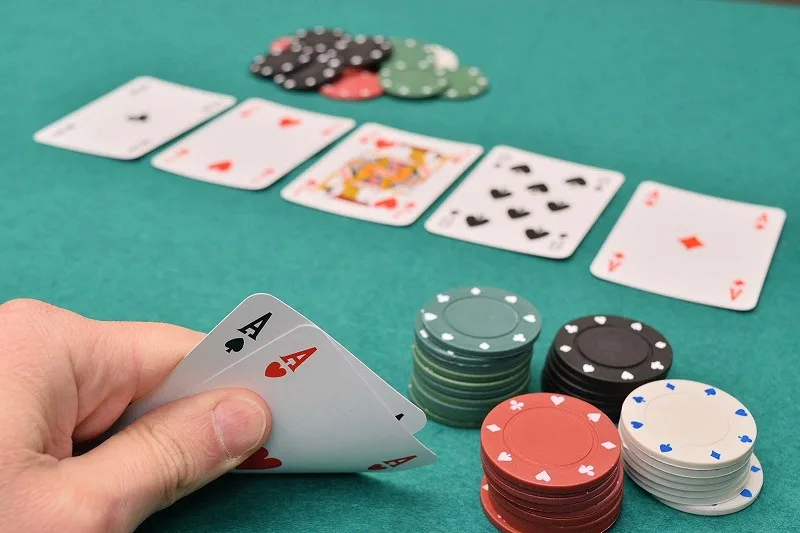
Texas Hold’em: Essential Strategies and Tips
Understanding the fundamentals of Texas Hold’em poker is crucial for both beginners and seasoned players aiming to refine their strategies. This guide offers a detailed exploration of game mechanics, strategies for different playing stages, and tips on psychological and probability aspects essential for winning.
Texas Hold’em Basics: Know the Game
Before delving into complex strategies, it’s important to master the basics of Texas Hold’em. This popular poker variant involves each player receiving two private cards (hole cards), which belong only to that player. Five community cards are then dealt face-up on the ‘board.’ Players seek the best five-card poker hand from any combination of the seven cards (the five community cards and their two hole cards). Winning involves a mix of luck, strategic betting, and psychological tactics.
Pre-Flop Strategies: Starting Strong
The pre-flop phase is about evaluating your hand and deciding whether to fold, call, or raise. Key considerations include your position at the table, the strength of your hole cards, and the actions of your opponents. Playing a tight range of hands from a strong position can help control the size of the pot and the course of the play, setting you up for later streets.
Navigating the Flop: Decisions and Adaptations
Post-flop play begins once the first three community cards are revealed. Your strategy here will depend on the current strength of your hand and the potential for improvement. Aggressive betting can protect a strong hand or bluff a weaker one, but it’s vital to remain adaptive as the community cards change the dynamics of the game.

The Turn and the River: Sealing the Deal
The fourth and fifth community cards, known as the turn and the river, respectively, offer further opportunities to build a winning hand or to bluff your opponents into folding. It’s crucial to assess the likelihood of your hand improving and to understand the range of hands your opponents might be holding.
Bluffing and Tells: Psychological Warfare
Bluffing is an art in Texas Hold’em, used to win pots with subpar hands. Successful bluffing involves understanding opponents’ tells—subtle physical or behavioral signs that indicate the strength of a player’s hand. Observing these can turn a marginal hand into a winning one.
Continuous Learning and Adaptation
Mastering Texas Hold’em requires patience, strategic thinking, and continuous learning. Engaging regularly in practice games, studying winning strategies, and reviewing your play are crucial for improving your performance and staying ahead in the game.



